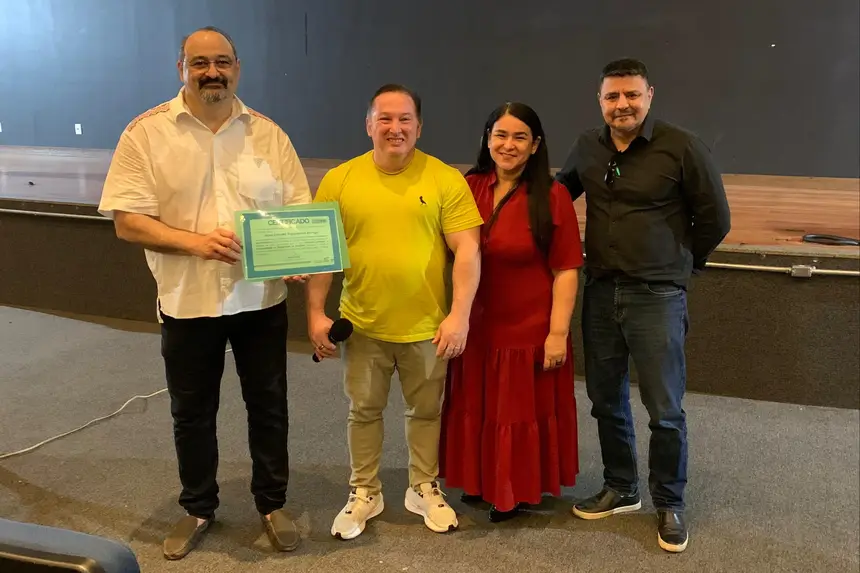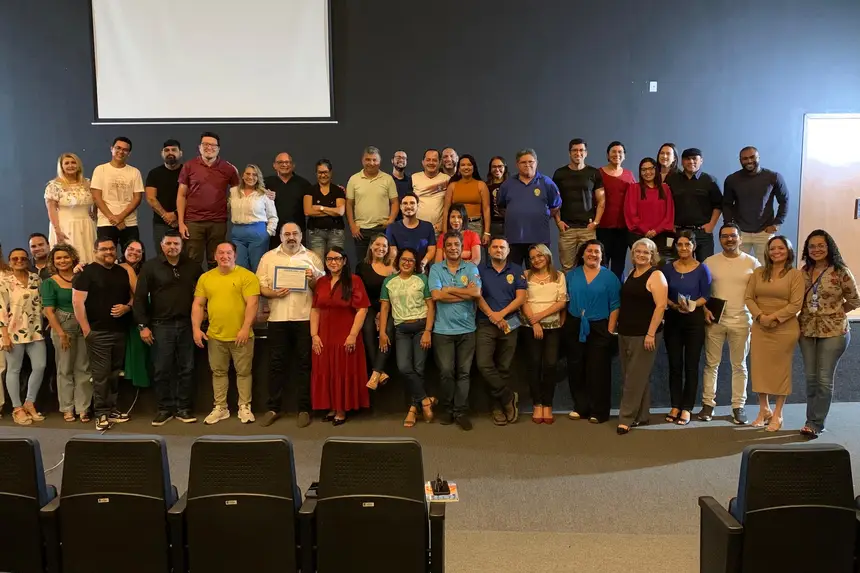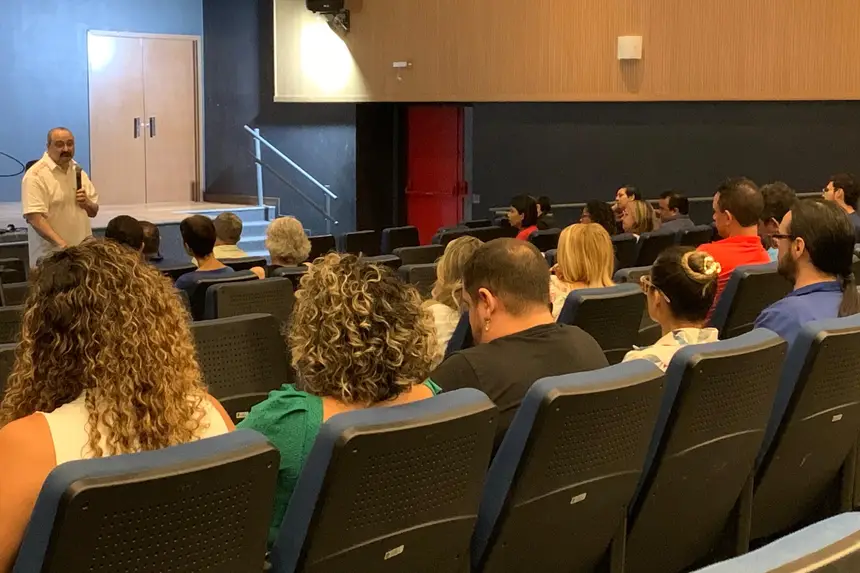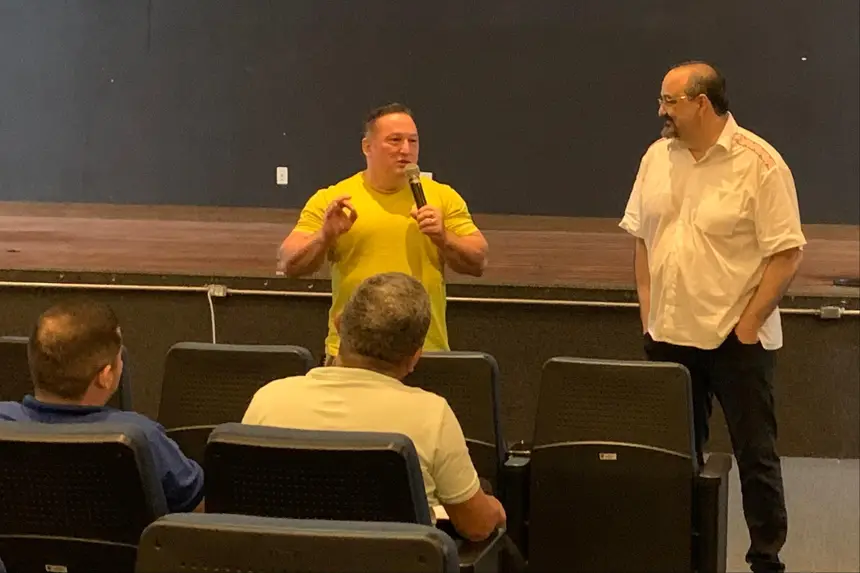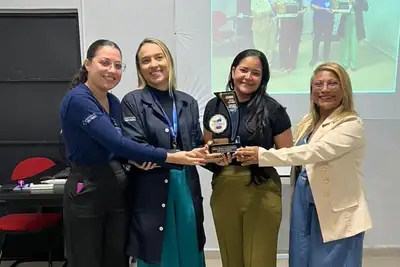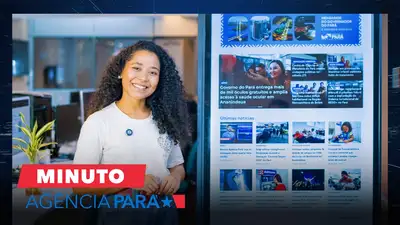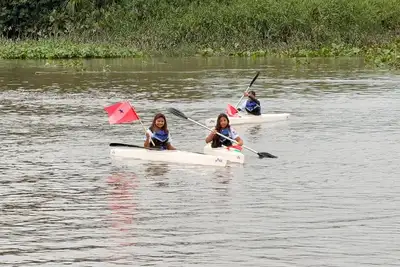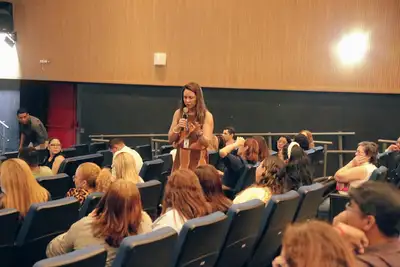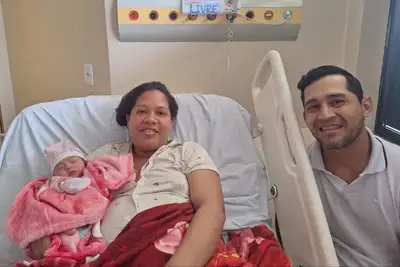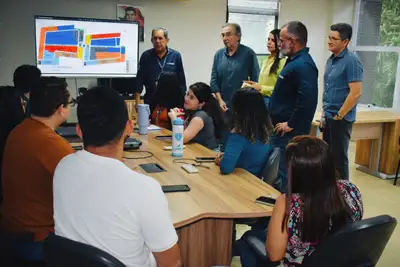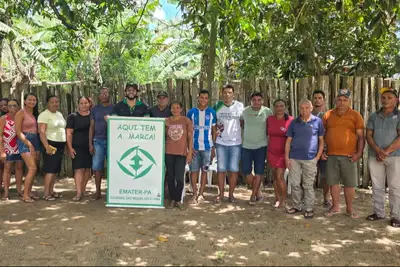Educators participate in training on 'Education, Youth, and Sustainability in the Amazon'
With the return to classes, the teaching and mediating professors of the Media Center of Paraense Education (Cemep), from the State Department of Education (Seduc), participated in a very special training that addressed the theme "Education, Youth, and Sustainability in the Protagonism of the Amazon." The meeting was held in the auditorium of the Secretary's office this Friday (1).
The proposal is to reflect together on the transformative role of Amazonian youth and how education can and should walk alongside sustainable development, with respect for our identity, culture, and territory. The highlight of the training was the lecture by Professor Dr. João Cláudio Tupinambá Arroyo, who brought a sensitive and profound perspective on the challenges and potential of the Amazon.
"The lecture was extremely enriching. It made me reflect on the fundamental role of the teacher as a protagonist of education, contributing to our youth recognizing and valuing their territory, their culture, and thus perceiving themselves as important agents in a constantly transforming society. In times of technological advances and artificial intelligence, it is essential to stimulate critical thinking in young people so that they become conscious and questioning protagonists of reality," says Ione Câmara, a geographer.
The lecture also sparked reflections on the importance of continuous teacher training and critical thinking in education.
"My understanding of the lecture is that, above all, it is extremely relevant. It is clear that we need to understand that teacher training must be continuous and permanent. I especially highlight the relevance of always keeping in focus the idea that education and access to knowledge must be deeply connected to problematization and criticality. This leads us to reflect and recognize that knowledge is dynamic and needs to be constantly worked on and dialogued in tune with the daily lives of our students," said Claudira Cardoso, a history teacher.
For Thomas Jefferson, director of Cemep, this training is not just a technical update but a commitment to the reality of the region. "We want our teachers not only to know how to teach but also to feel inspired and engaged with the social and environmental issues they experience here," he stated.
Throughout the meetings, educators have learned to integrate themes such as sustainability and youth protagonism into their pedagogical practices, using the digital tools and methodologies specific to the Media Center. This preparation aims to ensure that when classes resume, the teaching offered is dynamic, current, and aligned with the needs of students and the Amazonian community.
About Cemep - The Media Center of Paraense Education is responsible for offering regular face-to-face education mediated by technology, an alternative used to serve students living in remote regions of Pará and also to ensure that no one is left behind. Students attend classrooms daily, with the in-person support of a mediating teacher, who works in partnership with specialist teachers who teach live classes from broadcasting studios.


